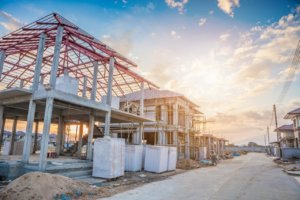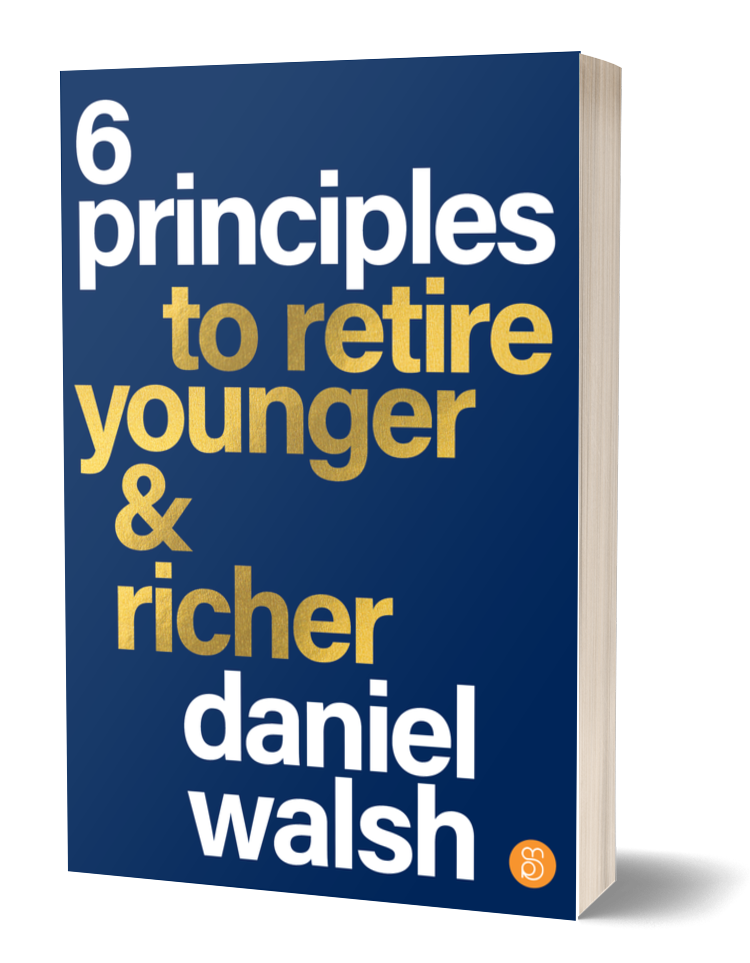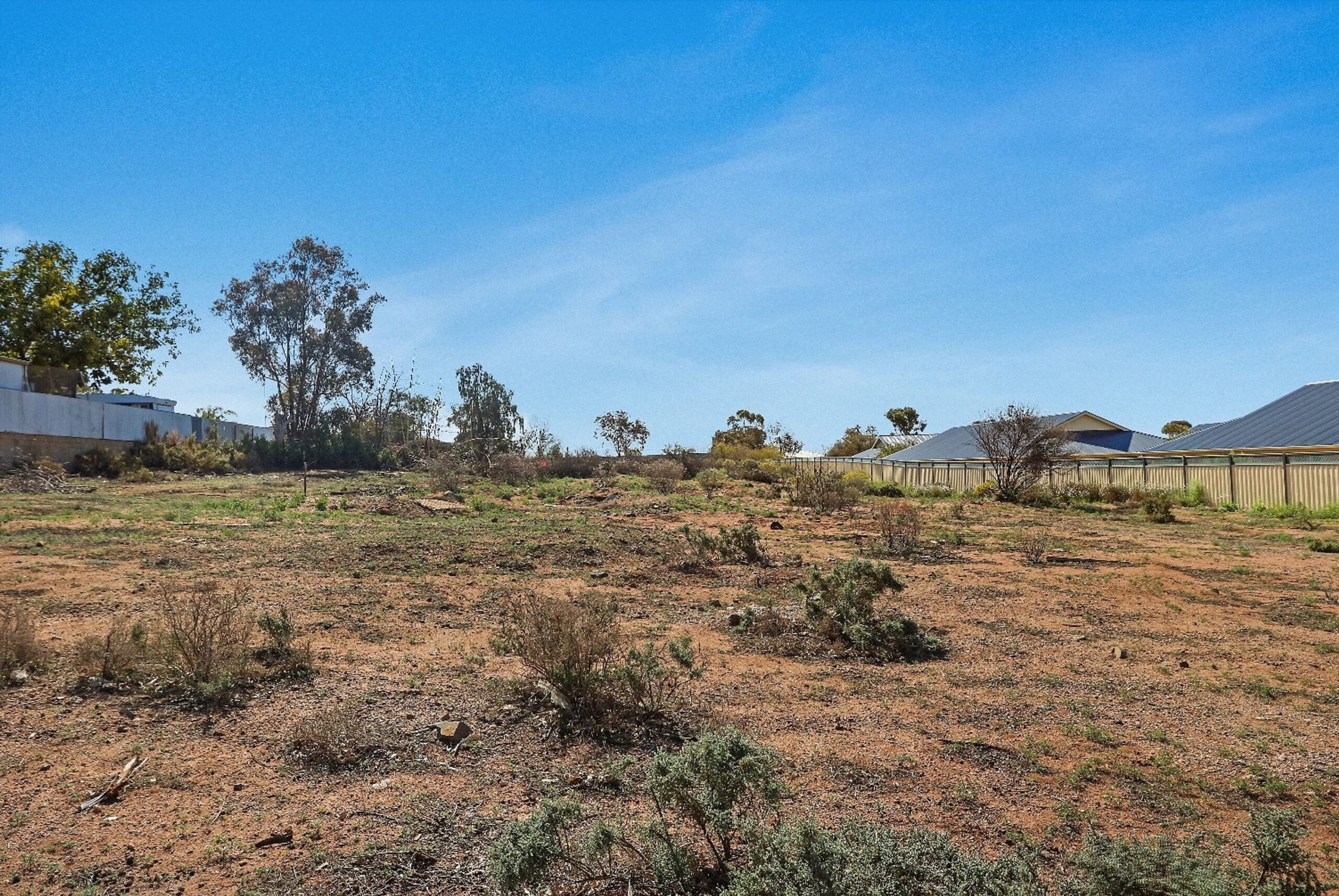Did you know that the purchase of vacant land has doubled in the past year in Australia?
In fact, about $1.3 billion in new loans were recorded in August for owners occupiers buying vacant residential land around the nation, according to the Australian Bureau of Statistics.
Now, it doesn’t take Einstein to work out why vacant land sales have jumped so significantly.
Of course, the main difference between last year and now is the pandemic, which saw the creation of the $25,000 HomeBuilder scheme to shore up the construction sector during the economic uncertainty.
The program is also the main reason why loans for the construction of new dwellings and the purchase of brand-new properties have also sky-rocketed over the past year, too.
It’s clear that vacant land is all the rage at present.
The problem is that the potential to access government funds to help purchase land should be not be the sole determinant, or motivating factor, to buy it.
To explain further, here are three reasons why you should be wary of vacant land.
1. Price premiums
On top of the HomeBuilder scheme, there are various State Government grants and concessions available to prospective property owners who purchase or construct new property.

Of course, no one is going to sneeze at that sort of cash, however, what often happens is that prices of new housing in estates suddenly increase by the same amount. Coincidence?
That means that many first home buyers will find themselves paying a premium for their new homes, which will make it difficult to achieve decent capital growth anytime soon.
2. Oversupply concerns
As well as potentially overpaying, when there is a massive spike in demand for new property caused by a time-dependent grant, there is always the potential for oversupply.
Indeed, there are reports around the nation of developers struggling to keep up with demand for vacant land.
This has resulted in them rushing to market with land releases in new and existing estates to reap the financial benefits from the influx of sales.
With the HomeBuilder scheme also requiring construction to start within tight timeframes after a sales contract has been signed, what’s likely to happen is an oversupply of homogenous properties.
This sharp uptick of supply will always cause a drag on price performance over the short- to medium-term.
That’s because the dwellings will likely be very similar, and buyer demand will have dried up as well because the grant is no longer available.
3. Low capital growth
There is a saying in real estate investment that the first five years of capital growth in many new properties is contained within the purchase price.
That’s due to the high cost of construction but also because there are a number of fees that are usually contained within the sales price.
For example, the developer needs to make a profit, as does the builder and the painter, plus the selling agent needs to be make his or her commission, too, etc.
There is also no way that the homeowner can improve their capital growth over the short-term because the property is new and therefore does not need renovating or upgrading.
Likewise, most house and land estates feature similar types of properties with the only differentiation usually the number of bedrooms in each one.
So, owners of new property generally have to rely on market conditions to see the value of their asset increase in any meaningful way.
This is the opposite of older established housing, which can offer myriad opportunities to create additional equity including upgrading and small property developments such as sub-dividing.
Of course, not all new estates are created equally, and some homebuyers and builders have been known to achieve excellent results.
However, that has usually been because of the market fundamentals that were already in play, such as in Sydney about five or seven years ago.
That’s why it’s vital to consider the long-term ramifications of every property investment decision – and especially if one of the only reasons you’re buying a particular property is because of a temporary cash handout.

























